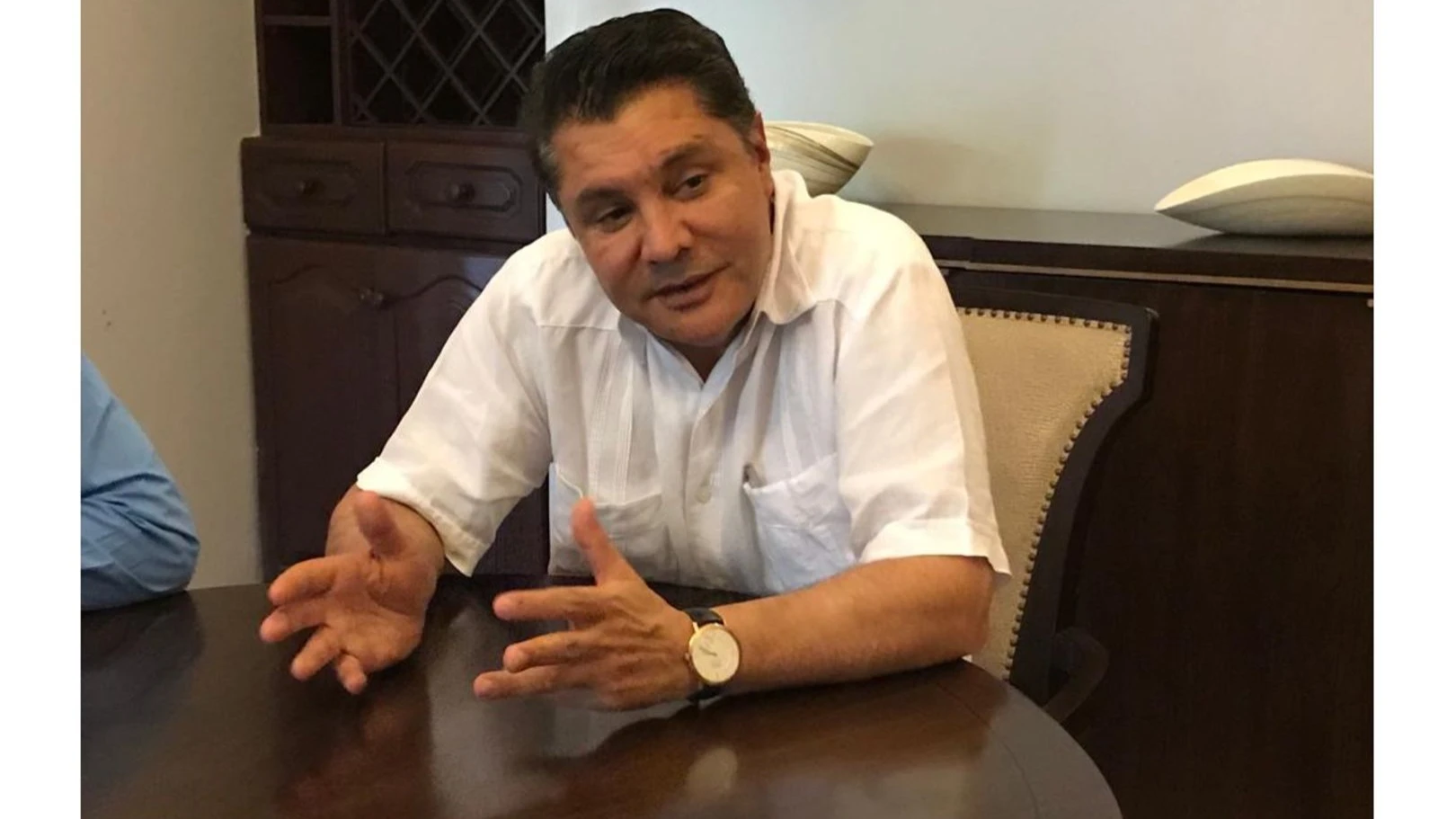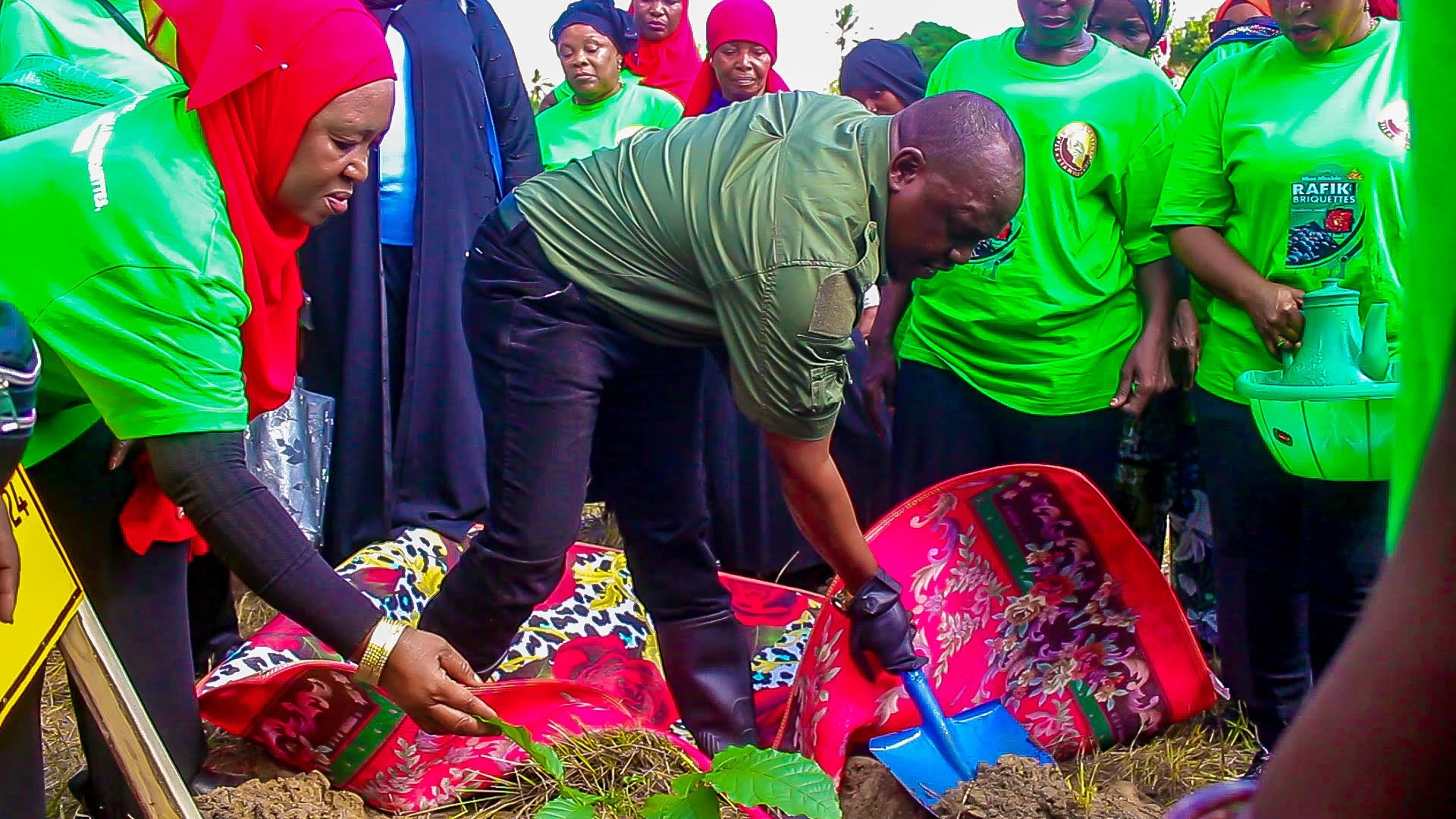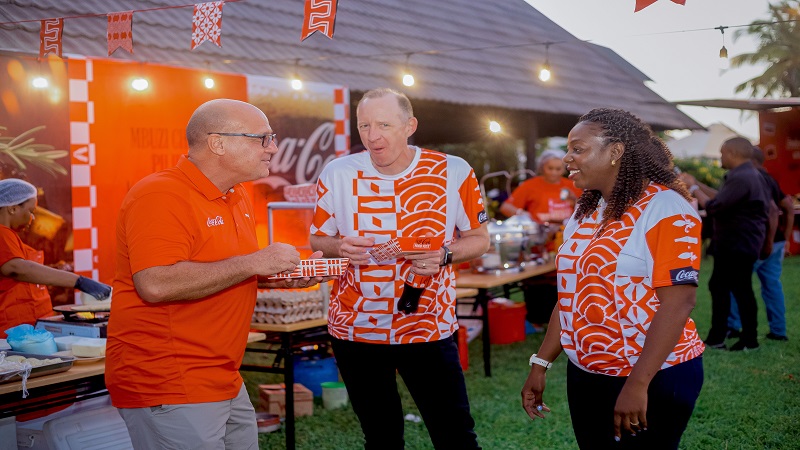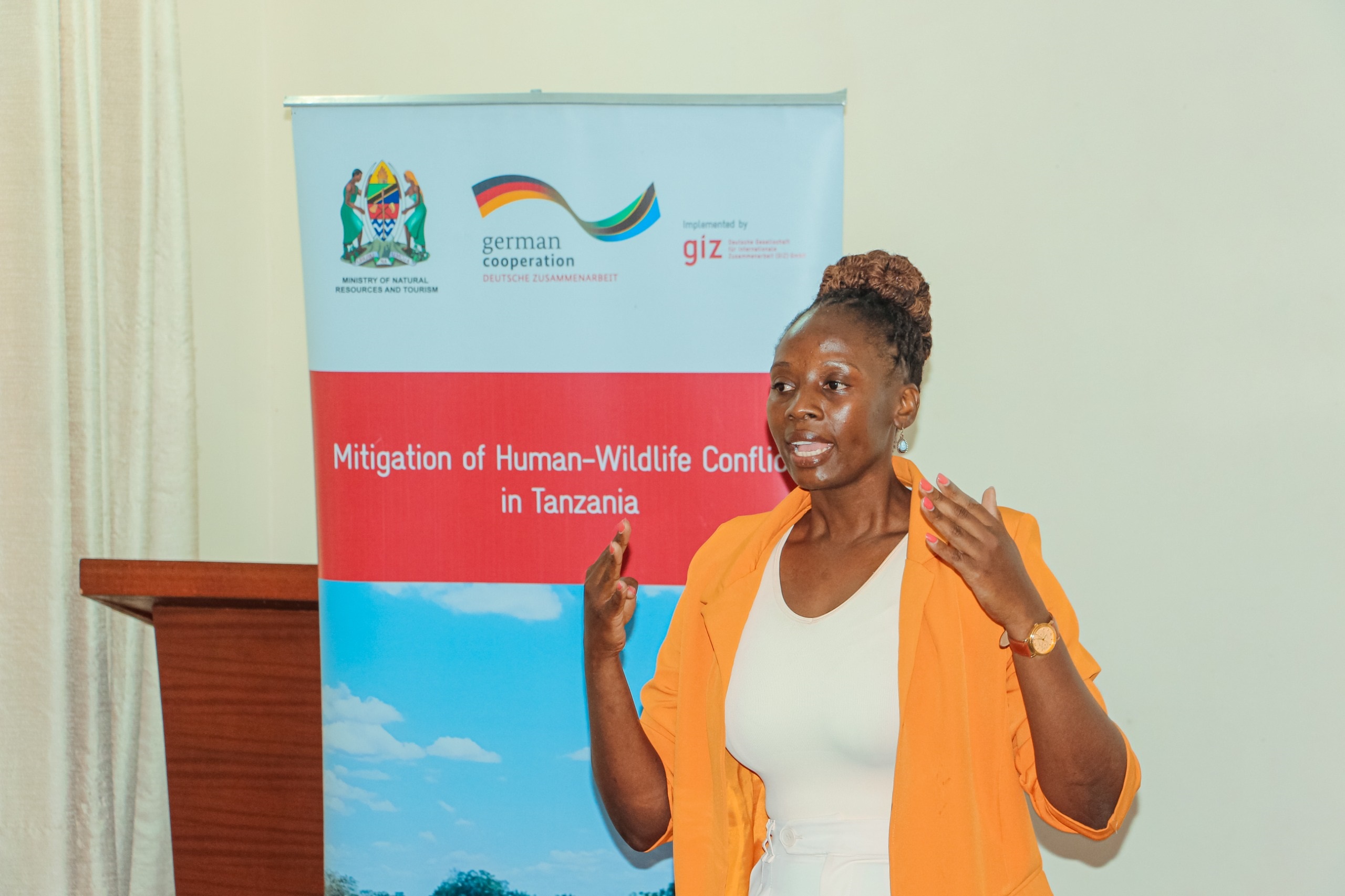TaCRI develops series of disease-tolerant coffee varieties to boost agro-production
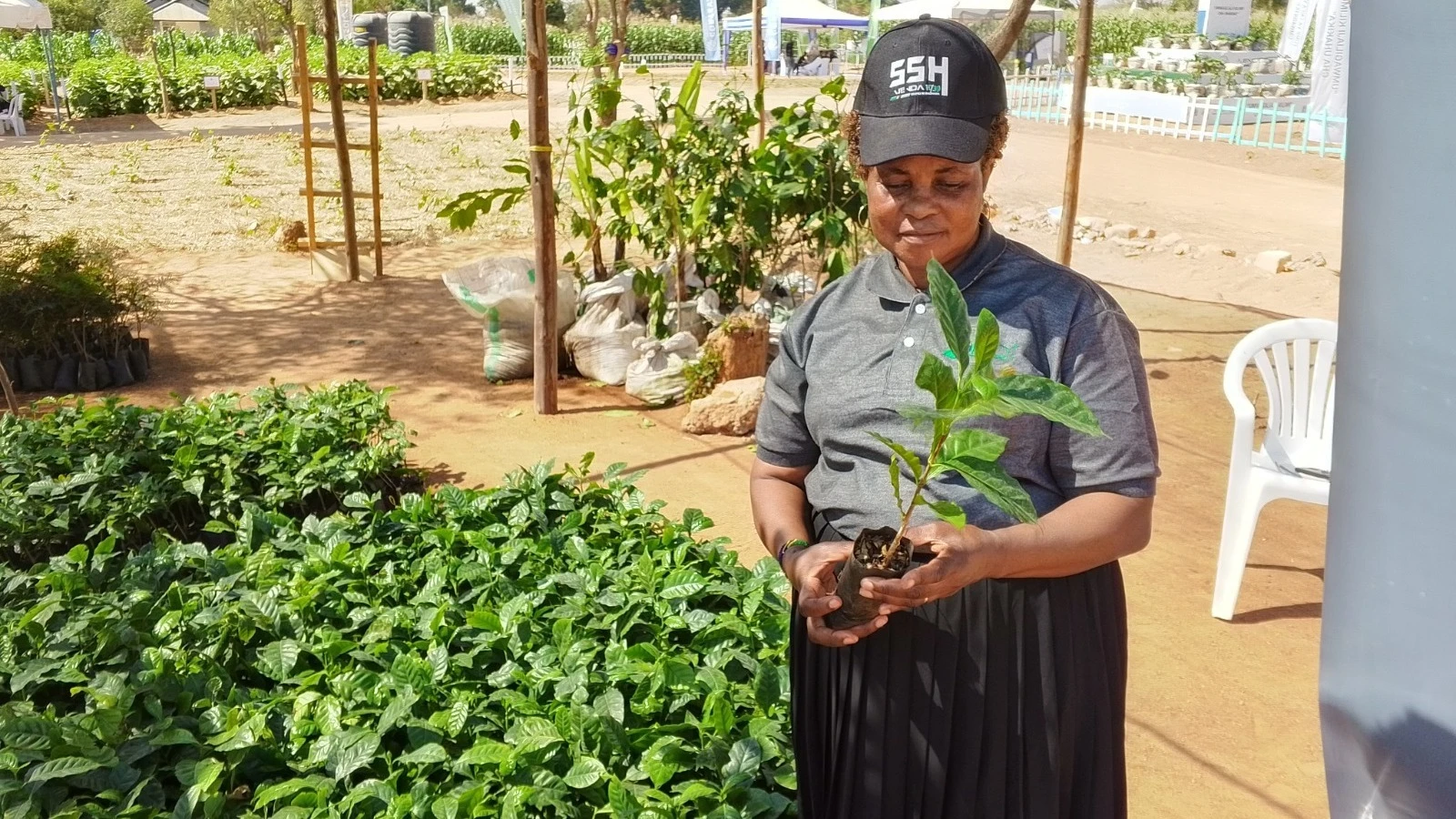
THE Tanzania Coffee Research Institute (TaCRI) has successfully managed to develop at least 23 hybrid coffee varieties that are tolerant to diseases, targeting facilitating farmers to boost productivity.
The hybrids that have been developed in different agricultural seasons include nineteen varieties for arabica, tall and compact, and four for robusta coffee.
The vital development in the country's coffee growing corridor was unveiled at the weekend by Grace Monyo, the plant breeder lead at TaCRI's Coffee Crop Improvement Department during the ongoing 31st Tanzania Agricultural International Exhibitions.
She observed that for years the majority of local farmers were demoralized by several coffee crop diseases, the grim situation which compelled some to quit from the sector.
"The most upsetting diseases on the crops include coffee berry and coffee leaf rust for arabica and coffee wilt disease for robusta varieties," she expressed.
The plant breeder argued that the release of useful varieties has motivated the majority of growers to revamp the cultivation of coffee beans.
She unveiled that the tall arabica hybrids that have been developed by the state-owned coffee research institute as N39-1, N39-2, N39-3, N39-4, N39-5, N39-6, N39-7, KP423-1, KP423-2, KP423-3.
Others in the category in question are N39-8, N39-9, N39-10, N39-11 and N39-12.
"The robusta varieties that have been developed include Maruku 1, Bukoba 1, Maruku 2, and Muleba 1," she added.
On the other hand, Monyo pointed out that the compact arabica hybrids that have been developed include TaCRI 1F, TaCRI 3F, TaCRI 4F and TaCRI 6F.
Apart from growing potential, Monyo said the varieties are useful in terms of production and productivity, saying they are enabling farmers to yield up to 5,000kg per acre.
"The varieties are also very useful when it comes to beverage quality, they produce good bean sizes with a pleasant aroma," the coffee plant pundit expressed.
Following the encouraging response from the farmers to adopt the hybrids, she said demand for the varieties keeps on skyrocketing to surpass the institute's production capacity.
In addressing the challenge, she said TaCRI is working with farmer's groups, and the municipalities with coffee cultivation to ensure enough seedlings are produced and made available to the farmers.
She said the institute was producing the hybrids in different ways, including clonal propagating, seeds, crafting, and tissue culture, among others.
And through the institute's technology transfer unit, she said coffee farmers in the country are trained in the important, and professional ways in adopting the use of the hybrids in replacement of the old plants.
TaCRI was incorporated in 2000 as a company limited by guarantee and without share capital under the Companies Ordinance (CAP. 212), and it became legally constituted and operational in September 2001 with the major objective of rejuvenating the Tanzania coffee industry, placing new emphasis on stakeholder-led, demand-driven research for development.
The objective of TaCRI is to rejuvenate the Tanzania coffee industry by placing new emphasis on the role of stakeholder-led and client-demand-driven research for development.
The Institute provides a crucial public service to stakeholders in the country’s coffee industry by providing coffee producers with relevant and practical technological innovations and advice to improve productivity and quality but also enhance profitability and livelihoods for coffee producers and increase competitiveness of Tanzanian coffee on the world market.
Top Headlines
© 2024 IPPMEDIA.COM. ALL RIGHTS RESERVED












